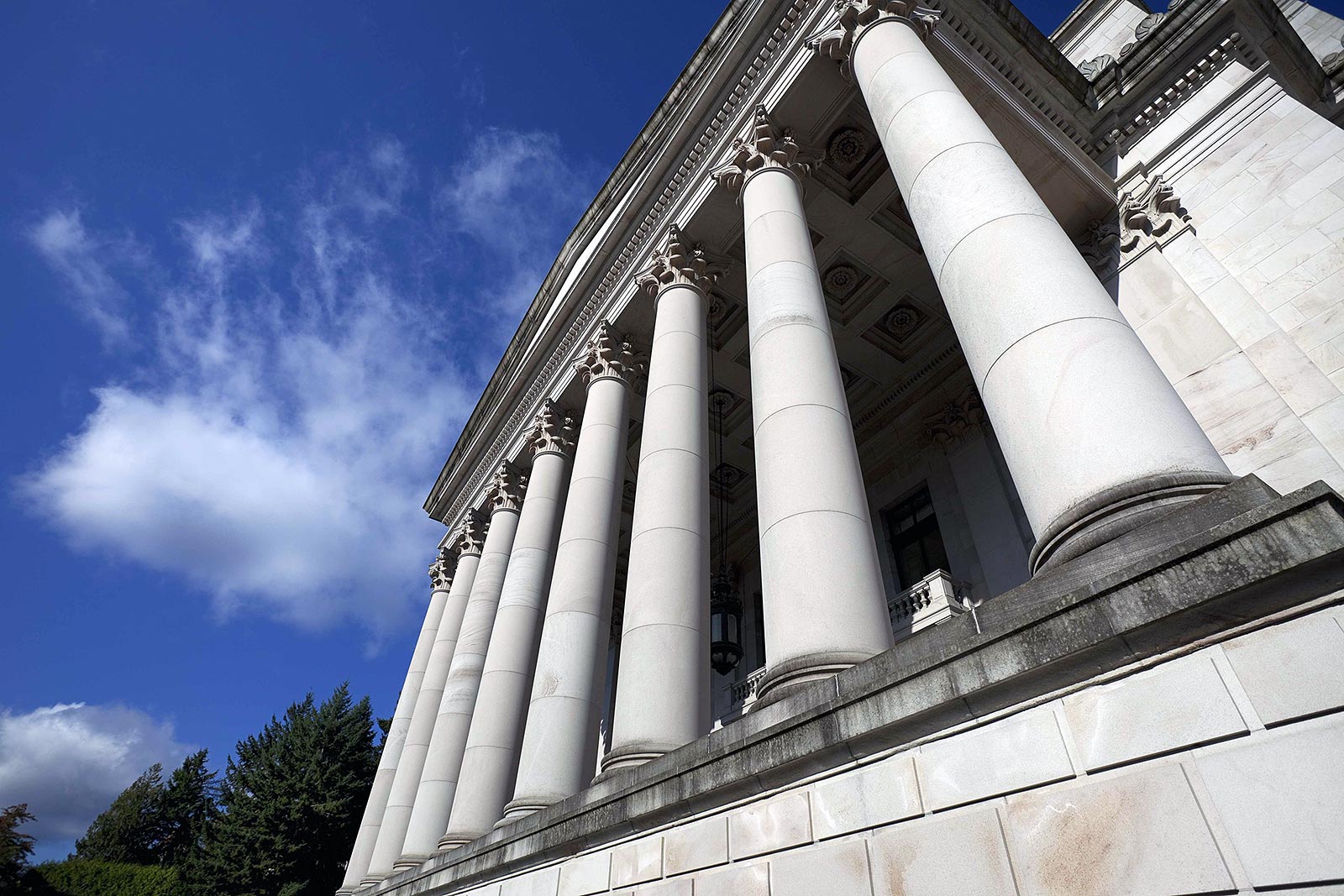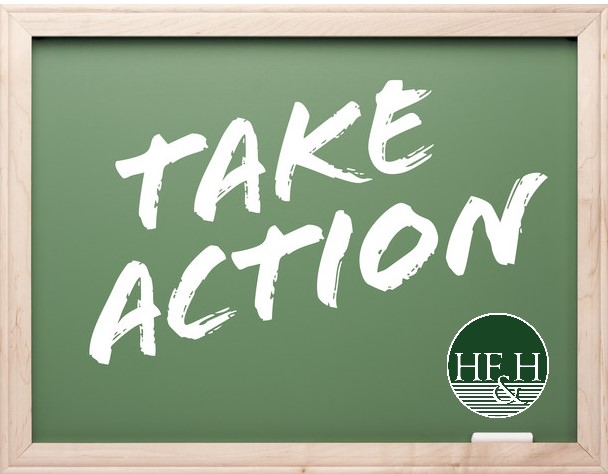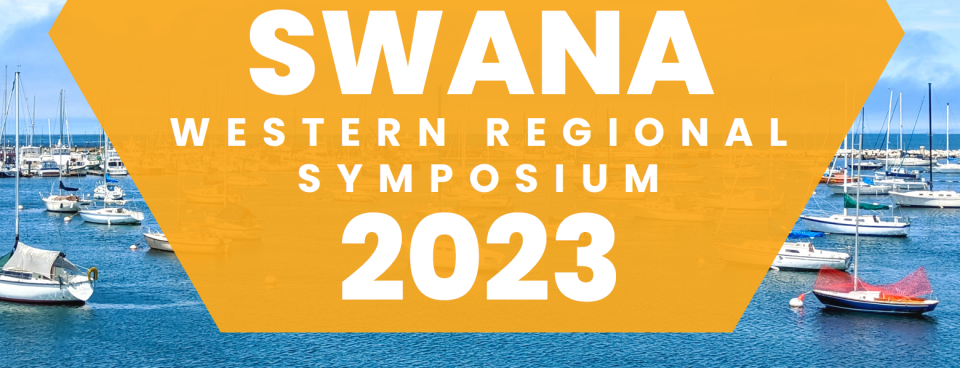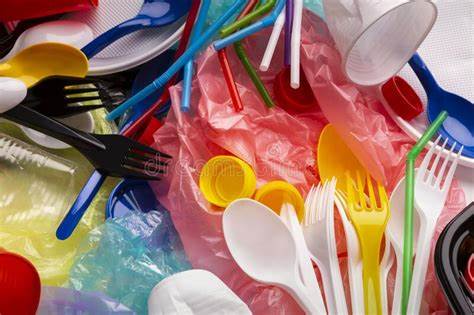Legislative Update – March 2024


Beginning January 1, 2024, California Air Resources Board (CARB) Advanced Clean Fleet (ACF) Regulations took effect requiring the transition of applicable fleets to zero emission vehicles (ZEVs). These regulations target medium and heavy-duty vehicles (weighing 8,500 lbs. or more) and apply to both State and Local Government Fleets as well as High Priority Fleets (including solid waste haulers).
Many waste haulers will be required to comply with the High Priority Fleet regulations. Please refer to our Guidance on CARB ACF High Priority Fleets for Local Governments to learn more about the regulations and what actionable steps you should take. It is important for municipalities to understand these regulations and how their waste haulers choose to implement them, as these capital investments may lead to significant rate adjustment requests; you do not want your municipality’s customers paying more than their reasonable share of the cost to electrify a statewide fleet. Hauling agreements may need to be updated or amended, depending on the implementation goals of your municipality and your hauler(s). Reach out to HF&H for support navigating these conversations!
State and Local Government Fleets must also comply with the regulations and the first reports are due to CARB by April 1, 2024. The regulations offer two compliance options:
Please reference our Guidance on CARB ACF Regulations for State and Local Government Fleets for more details on the regulations. Additionally, please see our Guidance on CARB ACF Reporting for State and Local Government Fleets for the full reporting requirements. We have created additional guidance documents as well as reporting and recordkeeping forms to help jurisdictions better understand and navigate the regulations. Please contact HF&H to learn more!
Remember, whether you own an affected fleet or contract with one, HF&H Consultants is here to help. We can support with a variety of projects, including but not limited to, fleet electrification strategy, cost of service studies, stakeholder engagement, and service provider negotiations. HF&H will keep you up to date on the regulations throughout the year. We hope to see you at the 2024 SWANA Western Regional Symposium in Palm Springs as well as HF&H hosted workshops on emerging issues later this summer. You can also visit the CARB Advanced Clean Fleets webpage for more details.

HF&H is excited to announce that CalRecycle has recently approved the criteria for the SB 1383 Local Assistance Grant program. This non-competitive grant program offers eligible entities a base grant award of $75,000, with remaining funding distributed on a per capita basis. CalRecycle anticipates that grant applications will be released in September, with a November due date. This is a fantastic opportunity for eligible entities to receive funding and support for their SB 1383 programs.
Eligible entities should act now to verify your agency meets these project requirements.
The previous round of SB 1383 grant funding was crucial for helping agencies commence their SB 1383 compliance planning and organics collection services. And now, with an expanded project eligibility opportunity, the second round of funding is here to help you staff, build, and implement SB 1383 programming and enforcement systems. This funding comes at a critical point for public agencies, especially with additional SB 1383 requirements effective in 2024. Act now and secure your agency’s funding for a successful SB 1383 implementation! Please refer to CalRecycle’s SB 1383 homepage for more information.
Jurisdictions looking to secure funding and implement SB 1383 can count on HF&H for comprehensive support at every stage with ease and expertise. Our team is experienced in supporting public agencies each step of the way, including:
With our recently expanded staff capacity, HF&H is ready to support even more local agencies with their SB 1383 needs. With our expert support, you can minimize impacts on your staff and focus on other urgent tasks, while ensuring a smooth SB 1383 implementation.
Don’t wait for the expanded requirements taking effect in 2024 to catch you off guard. Contact HF&H today for reliable and comprehensive support for your SB 1383 implementation needs.

During a public meeting on May 23, 2023, The Little Hoover Commission (LHC) voted 7-1 to accept a draft report recommending a temporary pause of SB 1383 implementation pending technical changes following recently released information from CalRecycle. During the session, the LHC received mixed public comments and discussed the merits and shortcomings of the then-draft report. The commissioners weighed the importance of achieving SB 1383 goals against the failure of the State to meet its 2020 diversion goals, the unique implementation challenges for rural counties, the need for infrastructure development, and the financial costs of implementation.
The full report was published on June 8, 2023, and now goes before the state legislature and administration. For more information, visit The Little Hoover Commission’s website to read the full report.
The report from LHC contains twelve recommendations including, but not limited to:
The LHC is an independent non-partisan state oversight agency comprised of current legislators, past legislators, and industry professionals from wide backgrounds. LHC recommends changes to state programs with the goal of improving efficiency and effectiveness.

April 4, 2023
Karla Del Rosario, HF&H Senior Associate, will discuss ways in which jurisdictions can navigate their franchise agreement management related to SB 1383 requirements. This presentation will examine strategies and best management practices that will enable municipalities to successfully navigate their existing or new solid waste contract for ongoing programming and SB 1383 compliance. This includes exploring various approaches agencies could and have utilized in partnership with haulers, contracted assistance, and/or inter-departmental relationships to help re-frame or reevaluate a jurisdiction’s approach to managing a solid waste agreement. How should jurisdictions identify and track SB 1383 programs and compliance within their existing framework? What are the best management practices on reporting and recordkeeping and how do jurisdictions leverage existing or new partnerships? What are the most successful approaches to managing SB 1383 public education requirements while increasing outreach effectiveness? In this session, Karla will answer these questions and more.
April 5, 2023
HF&H’s April Hamud and Samantha Irwin will discuss recovered organic waste product procurement and use strategies. SB 1383 requires jurisdictions to procure 0.08 tons of recovered organic waste products (ROWP) per resident per year. AB 1985 creates a two-year phase in for jurisdictions to meet their ROWP procurement targets, requiring 30% of the annual target in 2023, 65% in 2024, and 100% starting in 2025. ROWP targets can be met through applying compost and mulch to public spaces, using renewable gas for transportation, producing electricity for biomass conversion, and more. How can jurisdictions decide which procurement method(s) will fit their needs? How much will it cost to meet procurement requirements? In this session, we will explore methods to develop a ROWP procurement plan, and ROWP statistics and case studies from jurisdictions throughout the State.

On January 31, 2023 CalRecycle held their first informational session for the Packaging and Plastic Food Ware Extended Producer Responsibility Act (SB 54). At this session, CalRecycle staff provided an overview of the statute, the SB 54 rulemaking process, and CalRecycle’s Material Characterization Studies. Staff highlighted the importance of community engagement throughout the rulemaking process and their plans to host monthly meetings for all stakeholders and interested parties to stay informed.
HF&H is committed to closely following the rulemaking process for SB 54 and engaging, as necessary, to ensure our clients’ interests are considered. We encourage you to also stay up to date with the latest news, meeting dates, and comment periods by subscribing to the CalRecycle SB 54 listserv. Their next informational session will be held on Tuesday, February 28, 2023 at 10:00 am. Interested parties can attend in-person or via Zoom/webcast.
CalRecycle recently announced the nomination process for the SB 54 Advisory Board. The director of CalRecycle will appoint members of the 16-person advisory board by July 1, 2023. The Board’s main responsibilities will include:
Each member will be required to attend all meetings, contribute to work products, and serve a three-year term. Members are also required to provide their own travel costs, as required. If you are interested in serving or have been nominated by a statewide association to serve on the Advisory Board, please submit your online application no later than March 24, 2023. For more information about the Advisory Board, please visit CalRecycle’s Advisory Board webpage.